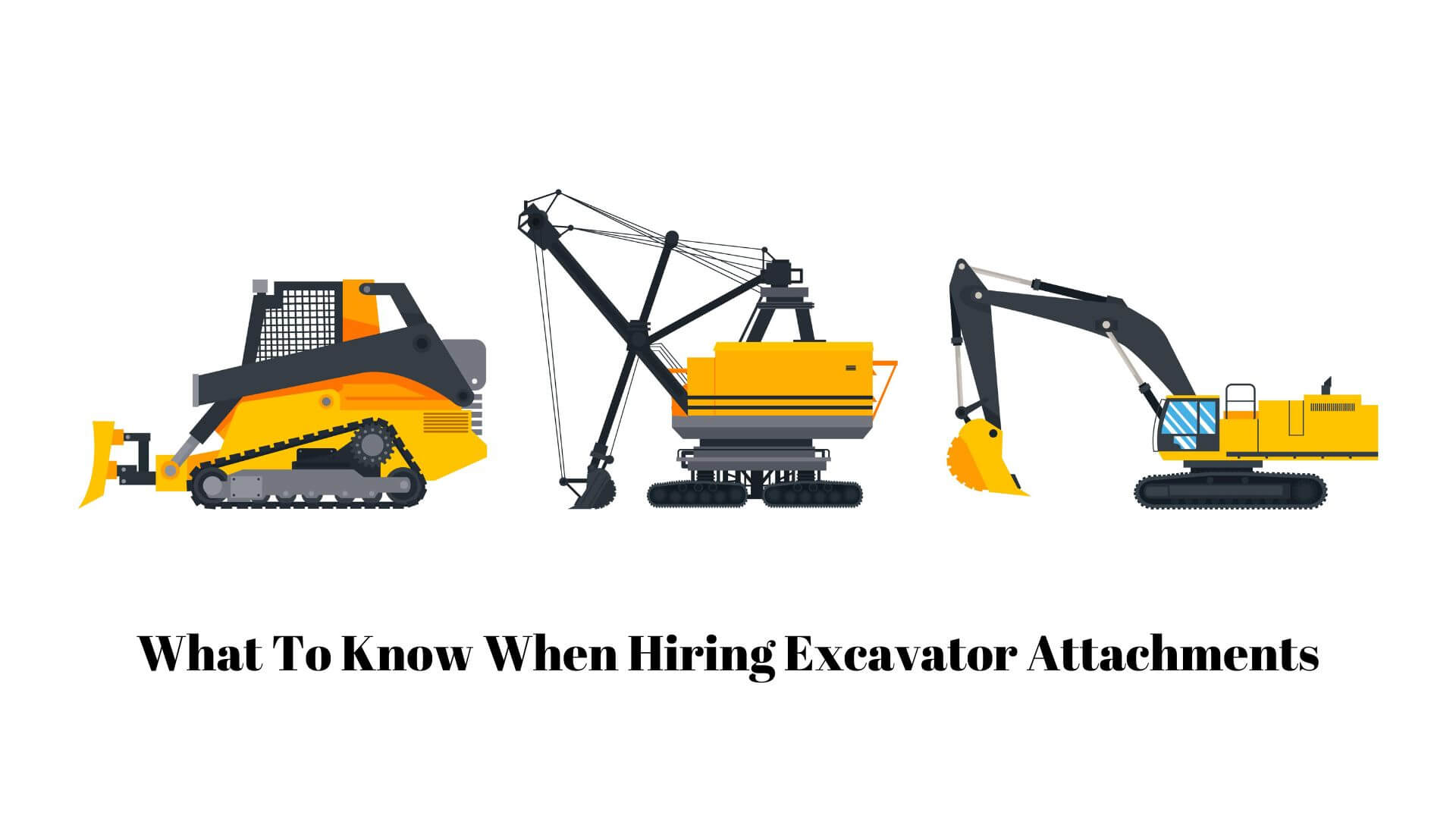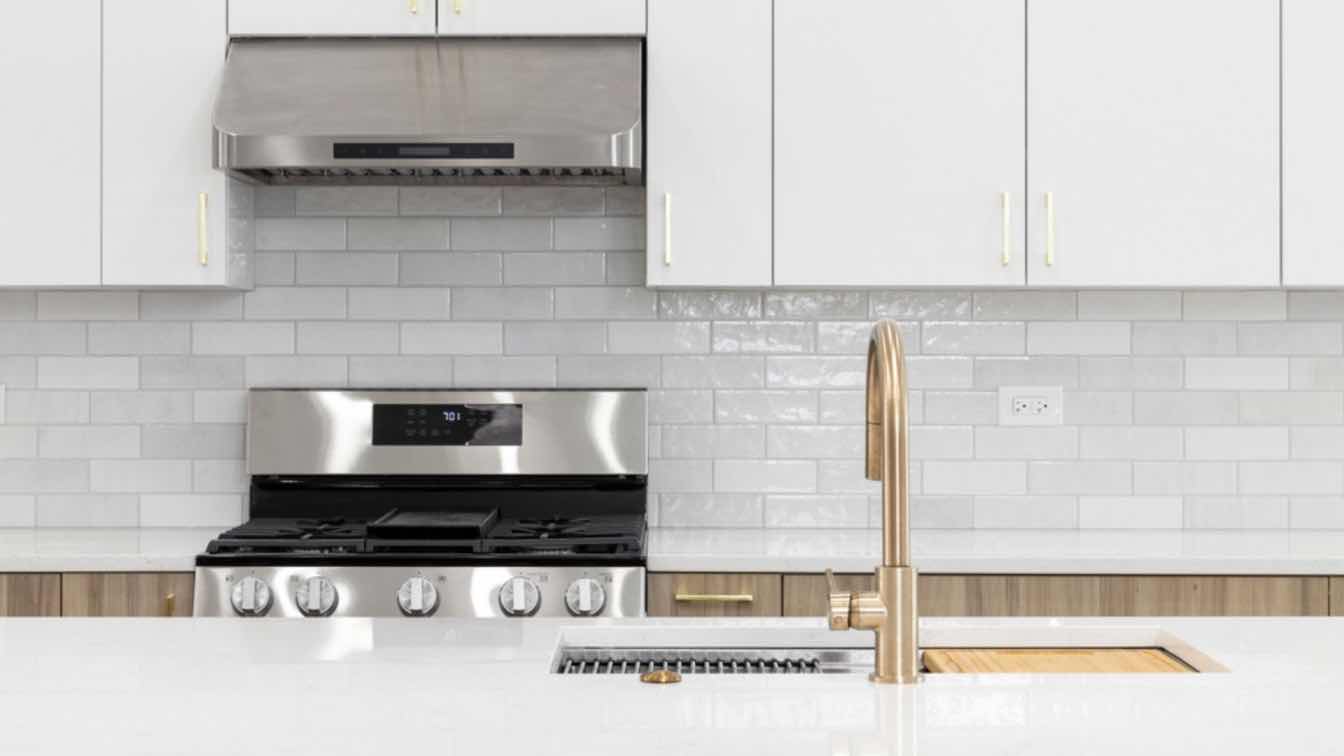When you're in the construction business, choosing the right equipment can have a lot of impact on what you’re doing. If you're hiring excavator attachments, there's a lot you need to know to make the best decision.
From understanding the different types of attachments to considering the specifics of your project, quality assessment, rental terms and costs, to finally selecting the right supplier, every step matters.
This article will guide you through these critical aspects, ensuring you're well-informed and empowered to make the best choices for your construction needs.
So, let's dig in and equip you with the knowledge you need to hire the most suitable excavator attachments for your project.
Types of Excavator Attachments
Did you know that there's a huge range of excavator attachments you can hire for your next job? Each type attachment is designed to tackle a different type of job effectively and efficiently.
When selecting your excavator attachment, it's extremely important to consider the nature of your project. Companies like Orange Hire are always available to help you choose the most suitable equipment that'll make your job easier and more productive.
Whether you need pieces for excavation, grading, backfilling, or loading, there’s something for you.
Considerations for Your Construction Project
When planning your construction project, it's crucial to carefully consider the type of equipment you'll need to ensure optimal efficiency and cost-effectiveness.
It's not just about having an excavator; it's also about choosing the right attachments that will make your job easier, faster, and more cost-effective.
Consider the nature of your project. Are you planning to demolish a structure, dig trenches, or move large amounts of soil? Each task requires a specific attachment. For instance, a bucket is perfect for digging and moving soil while a breaker is best for demolition.
It's also important to consider the size of your project. Bigger projects may require larger attachments which can handle more work and save time.
Furthermore, you should consider the type of terrain you'll be working on. For rough and rocky terrains, you might need more heavy-duty attachments. On the other hand, softer terrains may require lighter attachments to avoid damaging the ground.
Also, take stock of the compatibility of the attachment with your excavator. Not all attachments work with all types of excavators.
Remember, choosing the right attachments is not just about cost, but also about their functionality and the efficiency they can bring to your project.
Evaluating Attachment Quality and Condition
It's crucial to not overlook the importance of assessing the quality and condition of the equipment attachments you're considering for your construction project. This step is pivotal in ensuring you don't encounter unexpected downtime, which can lead to costly project delays.
One way to evaluate the quality of an attachment is by determining its age and usage. If possible, ask the supplier for the equipment's service history. A well-maintained excavator attachment can provide reliable service, regardless of its age.
Next, check for visible signs of wear and tear. Look for cracks, corrosion, or any other damage on the attachment. Also, pay attention to its moving parts. They should function smoothly without any hitches.
Don't forget to consider the brand and model of your excavator. Not all attachments are universal, and some may perform better with specific models. The supplier should be able to guide you in this aspect.
Understanding the quality and condition of your potential excavator attachments could save you from future headaches. So, don't rush this step. Take your time to make an informed decision because it's an investment that will impact the success of your construction project.
Understanding Rental Terms and Costs
Before you sign on the dotted line, make sure you've thoroughly scrutinized the rental terms and costs to avoid any unexpected surprises down the road. Remember, not all rental agreements are created equal.
Some might seem more affordable initially, but when you factor in additional costs such as delivery fees, maintenance charges, or late return penalties, they could quickly become exorbitant.
Always ask for a detailed breakdown of costs and make sure it includes everything. Do you have to pay extra for insurance? Is there a mileage cap for transportation? What are the penalties for damage or late return? These hidden costs can significantly inflate your overall expenditure.
Understanding the rental duration is also critical. Are you renting the excavator attachment on a daily, weekly, or monthly basis? What's the policy for overtime usage? Ensuring clarity on these aspects can help you plan your project timeline and budget more effectively.
You should also check if the company offers any training or support services. Having access to expert advice and troubleshooting can be a lifesaver, especially if you're new to using these attachments.
So, don't rush into signing that rental agreement. Do your homework, ask the right questions, and ensure you understand all the terms and costs involved. Your careful consideration now could save you a lot of trouble and money in the future.
Choosing the Right Attachment Supplier
Selecting the right supplier for your construction equipment needs can make all the difference in the success of your project. The right supplier not only provides quality excavator attachments but also ensures that you get reliable support and service.
When choosing a supplier, consider the following factors:
1. Experience and Reputation: A supplier with years of experience in the industry is more likely to understand your needs. Check online reviews and ask for references to assess their reputation.
2. Quality of Products: The attachment's quality can greatly impact your project's efficiency and success. Look for a supplier who offers durable, reliable, and high-performing attachments.
3. Customer Support: A good supplier will offer excellent customer support, providing guidance on selecting the right attachment, handling installation, and offering post-purchase services.
4. Pricing: While it's essential not to compromise on quality, ensure the supplier offers competitive pricing.
Remember, a good supplier isn't just about selling you equipment; it's about forming a partnership that contributes to the success of your project. So, take your time, do your research, and choose a supplier who'll truly meet your needs. Your project's success depends on it.
Final Thoughts
In wrapping up, it's essential to choose the right excavator attachment for your project. Consider the type, quality, and condition before you commit. Understand the rental terms and costs, and make sure you're dealing with a reputable supplier. With the right knowledge and preparation, you'll have the tools necessary to make your construction project a success.





